MANAGEMENT MANTRA
MANAGEMENT MANTRA - “Implement Profit Sharing”: Aditya Gupta, Founder, The Rug Republic
- Sharmila Chand
- May 06, 2023

Aditya Gupta’s
awe-inspiring and successful business journey is a lesson worth teaching in
management schools. It was with sheer hard work, planning and determination
that the founder of The Rug Republic converted his father’s small business
set-up in Meerut into a multi-hundred-crore brand. Mr Gupta is the noted owner
of The Rug Republic – a sustainable home fashion brand, whose products are sold
globally in over 92 countries – and Sharda Exports India.
Mr Gupta, the
alumnus of IIT Roorkee and FMS, Delhi University, is also an intrepid
adventurer and world traveller that few can keep pace with. He believes in
raising the bar and loves reaching new heights, whether in business or by
literally climbing treacherous mountains. Just like he does his business by
taking calculated risks and preparing meticulously, he has achieved what very
few corporate honchos can even imagine – scaling the world’s highest peak,
Mount Everest, at the age of 50.
The Rug Republic
founder has developed a taste for adventurous treks at a young age as he went
along sharpening his business acumen. Apart from the Everest, the kitty of this
globetrotter is full of tales of many thrilling expeditions from Mount
Kilimanjaro to Chimborazo Ecuador,
Mutnovsky Volcano in Kamchatka, Zambezi river running in Africa and the
mighty Brahmaputra in India.
A TEDx speaker,
mountaineer and author of 7 Lessons from
Everest, Mr Gupta has been delivering talks at various institutes,
discussing his experiences and seven valuable lessons that are relevant to be
applied in both personal and professional lives. By sharing his own
experiences, he hopes to connect with his audience on a personal level and help
them see the value in taking control of their lives and striving for their
goals. In an inspiring conversation with Sharmila
Chand, Mr Gupta shares his management theories and practices that have
placed him on top of the world.
Your top-five management mantras
* Be proactive: Anticipate potential issues, and address
them before they become problems.
* Be planning-oriented: Plan, and
organise activities to ensure that objectives are met efficiently.
* Seek permanent solutions: Solve problems at
the root, and avoid quick-fixes (jugaads)
or temporary solutions.
* Take performance evaluation seriously: Evaluate the
success of both people and ideas, and use the results to improve processes and
outcomes.
* Implement profit sharing: Incentivise
employees to act and think like owners, create plans that measure performance,
and automatically reward those who are deserving.
Any game that helps your career
I have
participated in various adventure activities, such as trekking, mountaineering,
scuba diving, rafting and many more. I climbed Mount Everest at the age of 50.
It got me a lot of attention and applause, but even my other adventures
presented significant challenges. They all taught me valuable lessons about
risk-taking, fear, resilience, tenacity and courage. In addition, I used to
play squash for my university team, which not only provided physical health
benefits but also gave me a mental break from work-related thoughts.
Turning point in your career
After graduating
from IIT Roorkee (then University of Roorkee) and FMS, Delhi, I had the option
of taking a corporate job. However, I chose to join our family business, which
was small at the time, and attend trade shows in Germany to explore export opportunities.
This decision proved to be a turning point in my career.
Secret of your success
Please let it
remain a secret. Otherwise, everyone will find out that I just got lucky!
What is your philosophy of work?
My philosophy of
work is to give every task my all, using all of the skills and resources at my
disposal, and to accept the outcome wholeheartedly, even if it falls short of
my expectations. I strive to ensure that I have done everything possible to
achieve the desired result and then accept the outcome, whether it is what I
wanted or not.
Any person you admire
While it may be
fashionable to name individuals, I am more inspired by travel and experiencing
new cultures. Seeing how people live and work in different parts of the world,
especially in remote areas, is humbling and inspiring. Witnessing the
resilience of the human spirit and determination to overcome adversity is what
truly inspires me. Besides, I am immensely grateful to my parents for how they
raised the family, teaching us to have a positive outlook towards life and
work.
Best advice that you got
My mother once
told me: “You have to be a job-giver, not a job-seeker.” This advice has stuck
with me and motivated me to pursue entrepreneurial endeavours and create job
opportunities for others.
Your sounding board
My family,
particularly my wife Kalpana, is my sounding board. She provides grounded
thoughts and advice on what is best for us as a family rather than solely
focusing on external factors.
Your favourite books
Atomic Habits by James Clear: After the big talk and
big plans and the big inspiration, etc, it is about getting things done. Doing
things out of your comfort zone of daily habits is what helps us grow.
Being Mortal by Dr Atul Gawande: It gives the best
perspective on your relationship with your mortality and that of other dearest
ones.
Your five business mantras
* Discipline is the
key to success, even more so than motivation. It is not enough to have big
dreams and ideas; you need the discipline to follow through with consistent
action and hard work.
* Talking about
your plans and goals is easy, but the real measure of success is in the
execution. Focus on taking action and making progress towards your goals,
rather than just talking about them.
* To be successful
in business, you need to balance the demands of the present with a long-term
vision for the future. You should be working towards both the short-term goals
that keep the business running day to day, as well as the long-term vision (five-year,
ten-year plans) that will drive growth and innovation.
* Balancing work
and personal priorities is a crucial responsibility for any business leader. It
requires planning, commitment and consistency to create a healthy balance that
supports both your personal and professional goals.
* Sharing profits and building incentives for
your team is not just a generous gesture, but also a smart business move. By
creating a positive and incentivised work environment, you can attract and
retain top talent, foster loyalty and motivation, and ultimately, drive greater
success for your business.

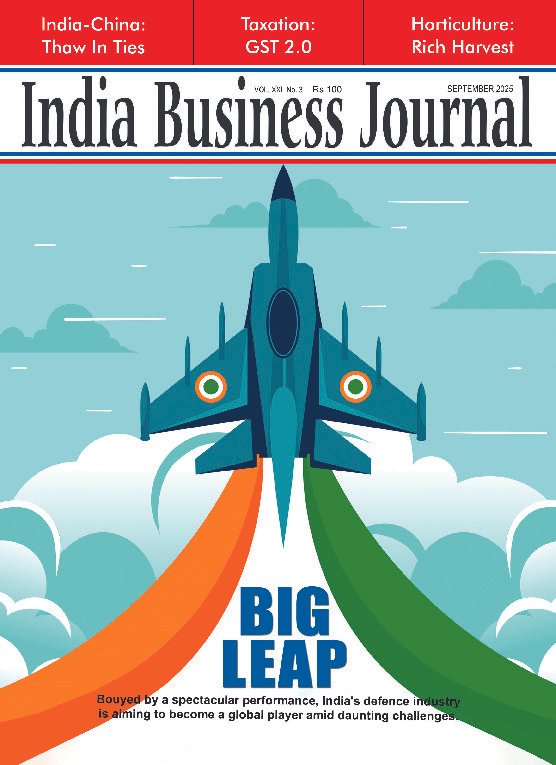
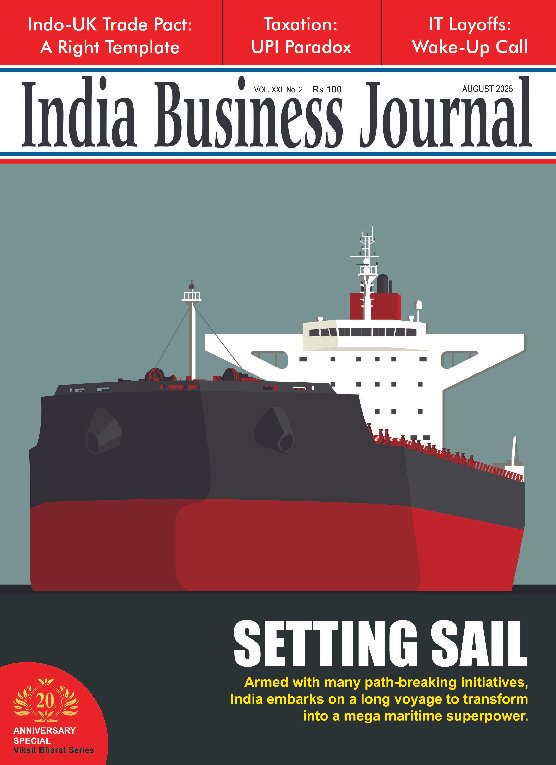








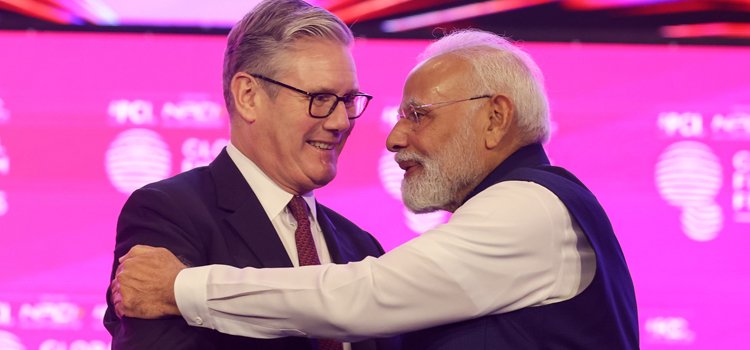
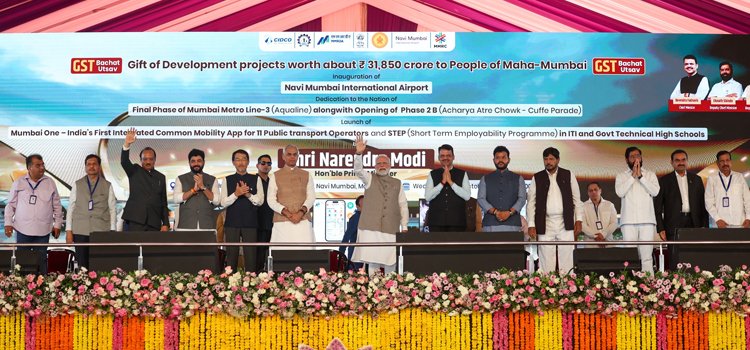

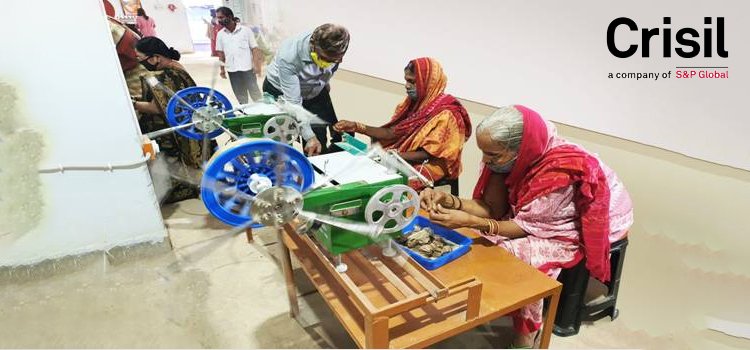
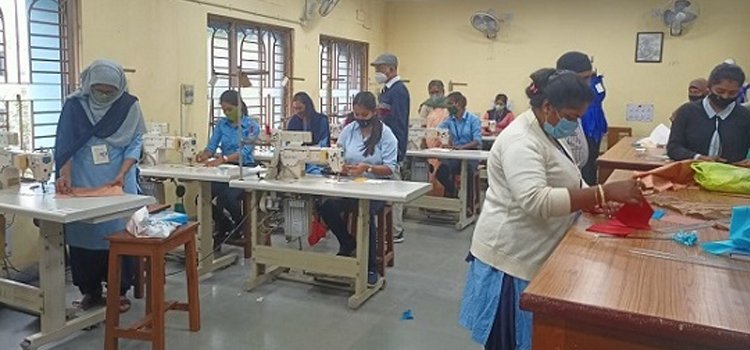





Report By
View Reporter News